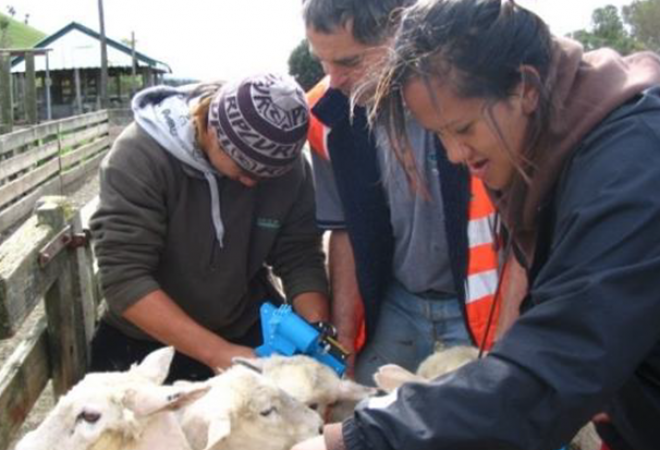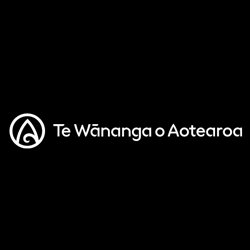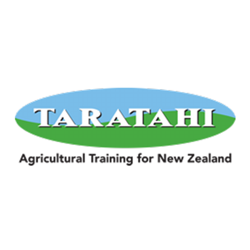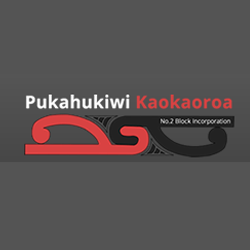
Waiariki Agricultural Collaboration
Status
Completed: 17 September 2015
Project Details
A project, completed in 2015, to enhance the participation and success of Māori learners in agricultural training programmes. A collaboration of Te Wānanga o Aotearoa, Taratahi Agricultural Training Centre and Ngāti Pikiao collective, a collective of three Māori land trusts – Tautara Matawhaura, Pukahukiwi and Waerenga.
Aims:
The aims of Ngā Ringa were to:
- build participation and success for ākonga Māori (Māori students) in areas of tertiary education where they were under-represented
- increase the number of Māori youth moving successfully from school into tertiary education
- provide educational opportunities which would meet iwi learning needs and aspirations for the future
- bring together Māori trusts and incorporations from within the iwi of Ngāti Pikiao and the two tertiary organisations.
Methodology:
The project has been informed by whakapapa kōrero methodology which is comprised of key principles such as: humility, respect, connectedness and relationships in the widest sense, and ultimately well-being.
Data will be gathered through:
- the literature review
- a combination of hui and interviews with key organisational and community stakeholders.
Team

Neville King
Project Leader
Te Wānanga o AotearoaTony Whata
Tautara Matawhaura Trust
Stephen Carr
Taratahi Agricultural Training Centre
Rangimarie Hunia
Te Wānanga o Aotearoa
Olive Jonas
Te Wānanga o Aotearoa
Barry Ogilvie
Te Wānanga o Aotearoa
Laurence Tamati
Pukahukiwi Incorporation(the late) Morris Meha
Te Arawa Collective(the late) Te Putu Mihaka
Waerenga East and West IncorporationStatus
Funding
$130,000.00 (excl GST)
Key Findings
- The result of this collaboration was the creation of a qualification – Te Taumata Raukura – with the express aim of offering ākonga-centred, meaningful, relevant, hands-on learning with both general and specific career knowledge. The priorities and aspirations of Ngāti Pikiao were central, so Ngāti Pikiao world view and knowledge informed the context. The success of this qualification will stem from a localised and context-rich delivery model that utilises the collective strengths of the collaborative partners, in this case, the Ngāti Pikiao collective, TWoA and Taratahi.
- An evaluation framework has also been created based on another framework by Apanui, N., and Kirikiri, T. (2015). It is a summary of how ako (teaching and learning practice) is implemented within the qualification Te Taumata Raukura. The evaluation framework can be used both as a guideline for kaiako (tutor) best practice and as an evaluative tool. It is premised on the four attributes of TWoA’s unique, indigenous framework for reflective best practice, Ako Wānanga: whanaungatanga (respectful relationships and connections), ako (living, learning and teaching), aro (reflective practice and evaluation) and te hiringa (spirituality, passion and motivation).
Key Recommendations
Work with Māori | The principle behind this project is that the tertiary sector must work with Māori (not separate from Māori) if enduring, relevant and successful outcomes are to be achieved.
Transferability | The key outcomes of the project, namely the qualification and evaluation framework, are transferrable to other iwi contexts and other collaboration contexts.
Value of collaborating | This project illustrates the value of collaborating to advance Māori aspirations. Working alongside and aligning to iwi educational, social and economic priorities is possible for the tertiary sector and is also essential for the economic prosperity and social cohesion of Aotearoa, New Zealand.
A research report prepared by Neville King, Rangimarie Hunia and Leah Fitzpatrick.
(PDF, 1.8 MB, 51-pages).
- 20 September 2016